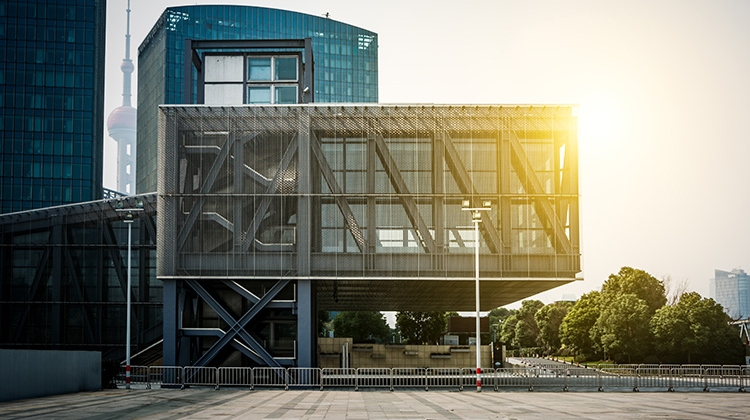The “Facility Design and Delivery” track at the 2025 ISPE Facilities of the Future Conference will include all these elements that are reshaping the future of pharmaceutical manufacturing facilities. The track promises to provide invaluable insights featuring presentations from six owner-operator companies, each addressing core facility design and delivery themes.
“Accelerating Facility Design through Standard Facility Design”
Standard facility design approaches provide numerous advantages such as faster and more predictable project delivery, allowing delayed investment decision making minimizing investment risk, due to the availability of more accurate product and production forecast data. This presentation will highlight the importance of the use of standard designs to deliver improved facility design, project delivery and operational advantages. This standard design approach has already been adopted by several major pharma companies, facilitating rapid tech transfer across a range of global locations.
“Implementing ASTM E2500 in Continuous Manufacturing”
The importance of a risk-based approach to facility design and operation is crucial to mitigating design and project risks and ultimately enabling the safety and efficacy of products for the patient. It is also being strongly pushed by Regulatory bodies such as the US Food and Drug Administration (US FDA) and European Medicines Agency (EMA) to ensure compliance. This presentation will explore the application of ASTM E2500 in facility design, quality assurance, and regulatory compliance of a continuous manufacturing facility for monoclonal antibodies. The presenters plan to put a particular emphasis on the risk-based approach and how this can prevent many issues from occurring.
“Case Study: A Future-Ready Facility in Record Time”
Many projects nowadays are required to be delivered in very short and challenging timescales, increasing the risk of design and delivery errors that may compromise project and facility requirements and operation. The adoption of innovative approaches in the design and construction phases is essential to shorten project timelines. This presentation will highlight various strategies for fast project delivery such as the innovative use of phased packaging and modular construction techniques to deliver a sterile fill-finish facility. Additionally, it will include how the adoption of VR in the design phase can enhance early issue identification and client buy-in, thereby minimizing the risk of costly late project changes or even the need to change when in operation.
“A New Standard for Designing Agile Manufacturing Facilities”
With the industry continuously in flux, flexible facility design is more relevant than ever. This presentation will highlight how the flexibility provision in facility design can be swiftly reconfigured to accommodate evolving business needs, technological advancements, and regulatory landscapes. The session will also outline strategies for designing pivotable multifunctional spaces to meet a variety of production requirements.
“Navigating Radiopharmaceutical Facility Design”
The speed of getting products to patients is particularly pertinent to several modalities. This is widely understood for autologous cell therapies, but less so for radiopharmaceuticals. This presentation will highlight the latest thinking in radiopharmaceutical facility design, but with a particular focus on fast delivery of quality product to the patient due to the medicine’s half-life.
“Repurposing a Monoclonal Antibodies (mAbs) Facility for a Gene Therapy”
This presentation will feature a case study that illustrates how it is possible to repurpose an existing mAbs facility to accommodate gene therapy production. Attendees will learn how to identify a structured, agile, and risk-based approach to determine multi-modal segregation requirements, showing how existing infrastructures can evolve to support novel therapies.
Why Attend?
Attendees who join sessions in the Facilities Design and Delivery track will gain insight into the importance of adopting a more focused risk-based approach to achieving facilities with higher levels of flexibility and agility and incorporating multi-modalities and new technologies, including Pharma 4.0. The entire event brings real-world applications forward through case studies and actual innovative partnerships taking place in the industry. Additionally, attendees will learn about the growing importance of standard designs in achieving faster project delivery and network operational advantages, as well as new methodologies for regulatory compliance in multi-modal production.
Register for the 2025 ISPE Facilities of the Future Conference, taking place 27-28 January 2025, in San Francisco, California, USA to explore advancements in pharmaceutical technologies and project delivery and see what the latest pharmaceutical manufacturing facilities look like as well as how they will evolve in the near future.
Learn more and register






